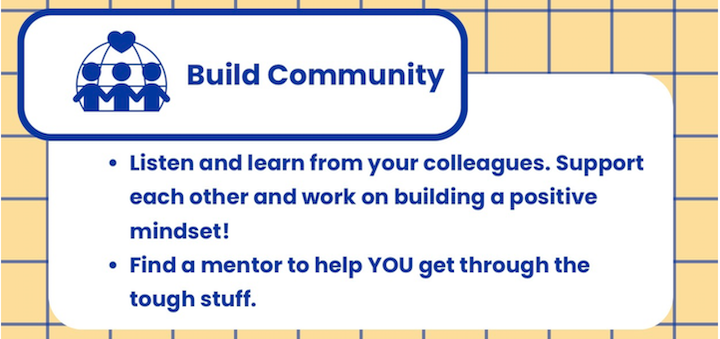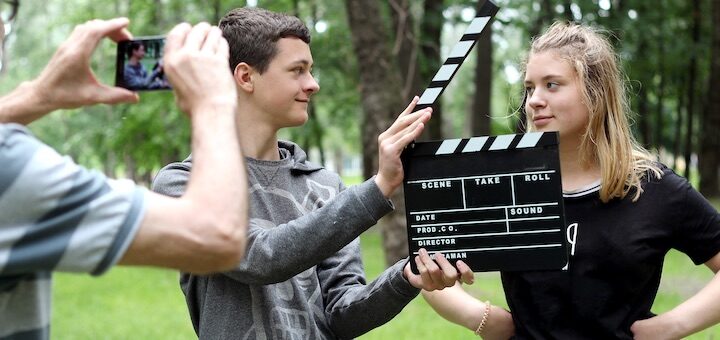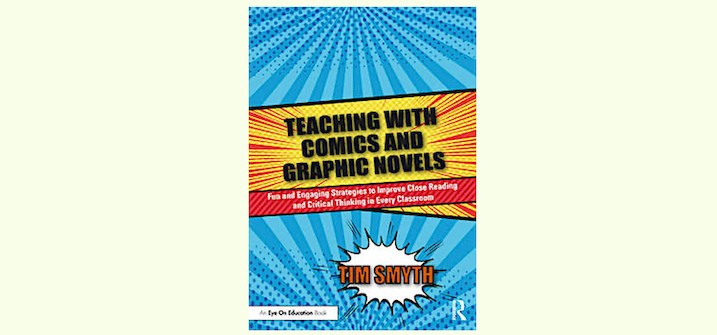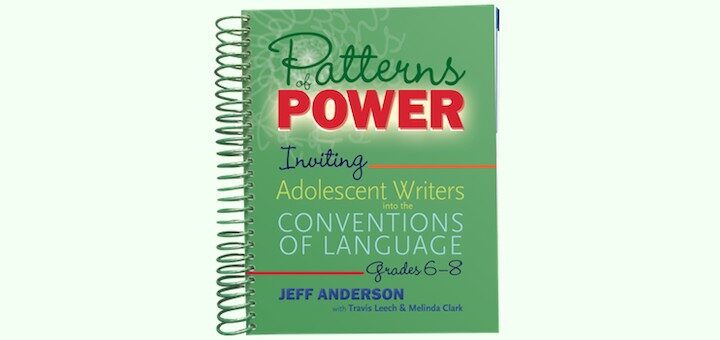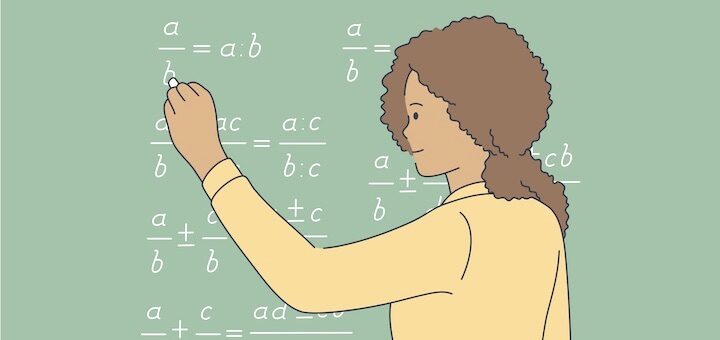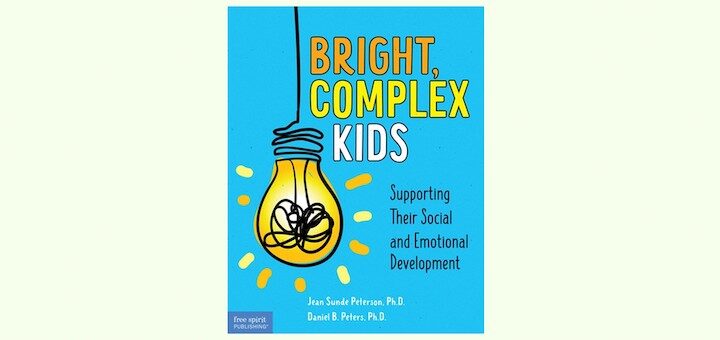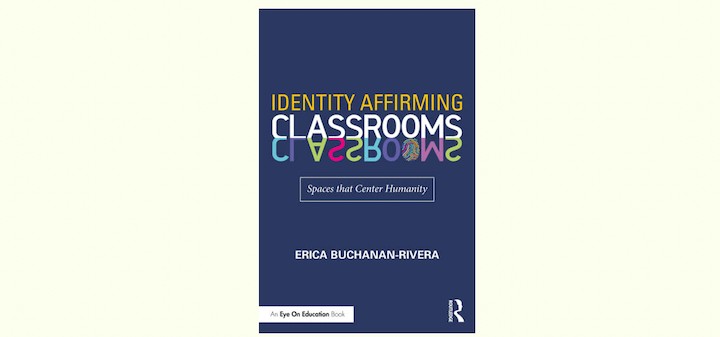Teaching and learning in grades 4-8
In her first year as a team leader, teacher Katie Durkin understands she has a lot to learn. But she’s already come to understand that effective leadership means building relationships, trust, and community among colleagues – with student success as the guiding principle.
Students can explore content, tap into their strengths, and learn about themselves when they dive into projects. Teachers Maggie and Piers Blyth offer a framework for planning, implementing, and following up projects to help kids use creative thinking and problem solving.
Using engaging strategies and many examples, teacher Tim Smyth makes a convincing case for viewing comics and graphic novels as literacy tools, helping build reading and critical thinking skills. Kevin Hodgson is glad that Smyth also shows how kids can create their own comics.
Patterns of Power for grades 6 – 8 is a teacher-friendly, easy-to-navigate book that uses the invitation process to help students move beyond the traditional study of grammar so they can appreciate the patterns of language and conventions, writes consultant Anne Anderson.
Learn how middle grades teacher and NBCT Kathie Palmieri is using the upgraded and rebranded Flip video tool (formerly Flipgrid) on a daily basis to engage her students, show quick lesson reviews, and get them talking about what they did and didn’t understand. Helpful tips included.
After 16 years teaching math, Michelle Russell has the confidence to make her own decisions about day-to-day best practices. “I’m the teacher in my classroom, I know my classes and my teaching style, and I’m the one in the position to decide what is best for my students.”
Bright Complex Kids by Jean Sunde Peterson and Daniel B. Peters is highly readable and highly evidentially rigorous in helping educators, families and health professionals identify and work with gifted children of all socio-economic backgrounds, writes educator Amy Estersohn.
In Identity Affirming Classrooms: Spaces that Center Humanity, Erica Buchanan-Rivera provides teachers with the background knowledge, reflection tools and actionable practices needed to create identity-aware, student-centered environments. For all educators, says Katie Durkin.
Do you invite student talk? If we want kids to engage in the lessons we’re teaching, they need to see us valuing what they have to say. Kelly Owens shares tips for creating a “two-way” classroom community and home connections that encourage authentic dialogue and build trust.
A safe and stable school is essential to a successful instructional program, write Ron Williamson and Barbara Blackburn. That’s why it’s so critical for school leaders to anticipate what may be needed in a crisis and develop plans with contingencies for anything that may occur.

